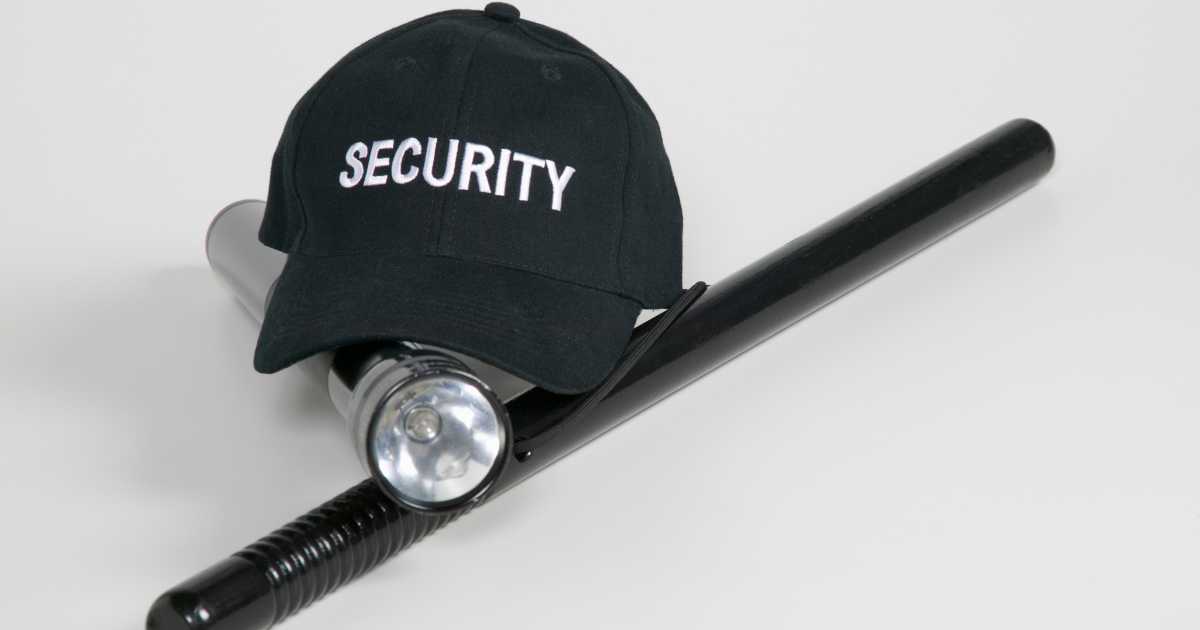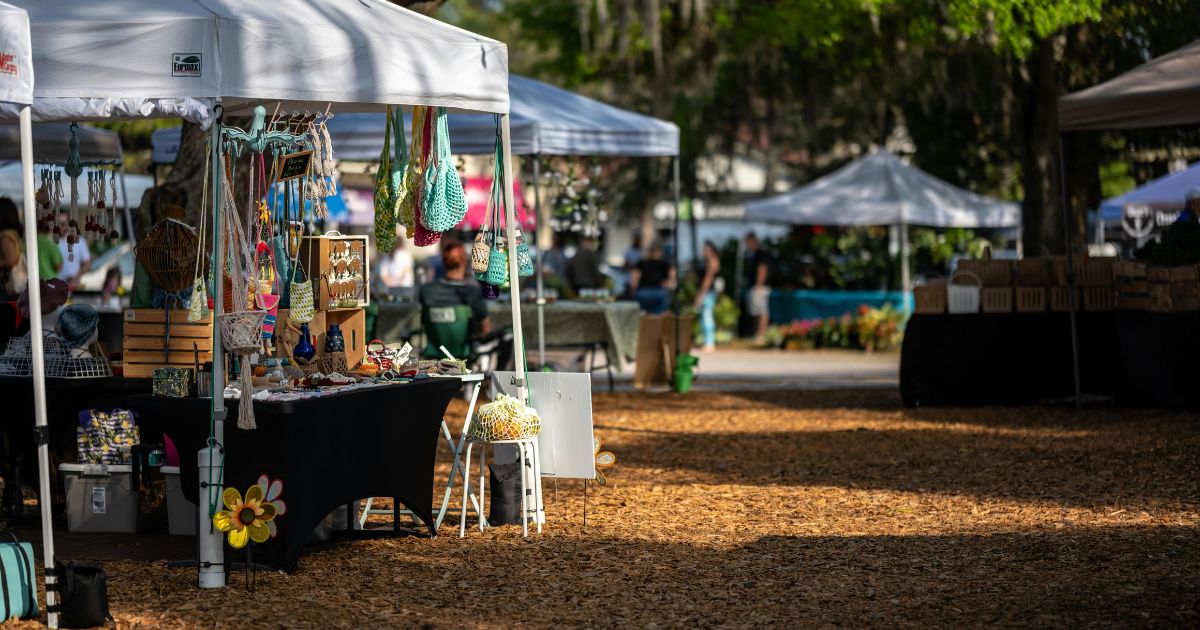
South Africa needs as much security these days as ever before. Strong security is not only important for the public but also for businesses and homes. By starting a security company, you can enter a market with high demand. This means you will make good profits and help protect South Africans and their businesses.
A private security company provides armed and unarmed security services. These services are given to clients in the public and private sectors. Some private security companies in South Africa include Fidelity Security, Bloemsec, and G4S Security.
If you are looking to enter the private security sector, there are a few things that you will need to know. In this article we look at what you need to know when starting your own security company in South Africa.
Step 1: Company Registration
Like any other company, the first thing you need to do is register your business. Businesses are registered through the Companies and Intellectual Property Commission (CIPC) in South Africa. You will need your ID, your company name, income tax number, and R 175 for the registration.
Step 2: Register With the Private Security Industry Regulatory Authority (PSiRA)
The PSiRA is a regulatory body that oversees the private security industry. When you register your private security company, you will need the following:
- Proof of company registration with the CIPC.
- All members and managers of your business must be registered as a security service provider with Grade B.
- Provide the PSiRA with a tax clearance certificate, VAT registration number, and a PAYE number from SARS.
- UIF and Compensation for Occupational Injuries and Diseases (C.O.I.D). This is only applicable if your business is registered with the Department of Labour.
- You must have a one-year business plan.
- Declare your business’ capabilities to operate in the next year.
- Your business’ physical office premises.
- Individual Registration with the PSiRA
- When you are starting a security company, the PSiRA requires you to register as the business owner. To register you will need:
- Be older than 18 years of age.
- Be a permanent resident of South Africa.
- Not have any previous criminal offences.
- Complete your training at an accredited security training centre.
- You must not be a member of any official military, security police, or intelligence force in South Africa or elsewhere.
- Pay the registration fee.
These are just the basics you need to do to register and start a security company in South Africa. The next step is to ensure that your security guards are graded correctly according to the kind of services you want to provide.
Step 3: Types of Security Guards
Before you can get your security guards certified, you need to decide what kind of security service you want to provide. The different types of security services include:
Unarmed Guards – Unarmed guards do not carry weapons. These security guards usually patrol premises and deter criminals with their presence.
Access Control Guards – These guards are usually situated at access points. They control who can enter the premises and will do security checks on vehicles upon entry.
Event Guards – As in the name, these are security guards usually hired to provide services for an event. They are responsible for maintaining control and order at events.
Retail Guards – Retail guards are typically stationed outside and inside retail stores. They are responsible for keeping employees and customers safe and stop anyone from shoplifting.
Private Guards – Private guards are also called bodyguards. They are responsible for protecting a specific person or group of people. These are usually government officials, celebrities or other VIPS. Private guards are usually armed.
Patrolling Guards – These types of security guards provide security for properties. They usually patrol in vehicles and sometimes horses. They can be armed or unarmed, depending on the level of security needed. In South Africa, you usually see patrolling guards in housing complexes.
Once you have decided on the type of security service you want to provide, you can then decide on the grading of your security guards.
Step 4: Choosing the Right Security Grades
The grading system for security guards is overseen by the PSiRA. Each grade outlines the responsibilities of the security guard and how long training is. Entry level grade is E and the highest level is A.
Grade E – Patrol Officer
This security grade means that you have basic access control, observation and reporting. The training duration for this grade is 40 hours. Minimum age requirements is 18 years old.
Grade D – Access Control Officer
With this grade, your security guard manages access points, verifies credentials and patrols around designated areas/points. The training duration for grade D is 80 hours. Minimum age requirement is 18 years.
Grade C – Protection of Information Officer
This grade allows your security guard to supervise other security guards with lower grades. It also allows them to perform access control at higher risk areas, conduct searches, and handle basic administrative tasks. Training duration for this grade is 120 hours. Minimum age requirement is 18 years.
Grade B – Supervision
This grade allows your security guard to be a site or shift commander. Additionally, it comes with managing patrol operations, coordinating responses and reporting incidents. The training duration for this grade is 160 hours. Minimum age requirement is 21 years.
Grade A – Management
A grade A certificate gives your security guard responsibility of overseeing overall security operations. Additionally, they can conduct risk assessments, implement security plans and manage security personnel. The training duration is 200 hours. Minimum age requirement is 23 years.
These grades will help you determine the salary range for your security guards. And remember, you as the business owner must also register and get training for a Grade B certificate.
Now, these are just the first steps to start a security company in South Africa. Once you go through these steps, you just need to preserve and your business will be successful.
Luckily, there are many ways in which your security company can be used. Whether at housing complexes, government officials or the many retail stores in South Africa.
To find out more about how to take your security company further, visit the SME South Africa website to apply for funding.








